Home>Gardening & Outdoor>Landscaping Ideas>How To Kill Ants In Yard Without Killing Grass
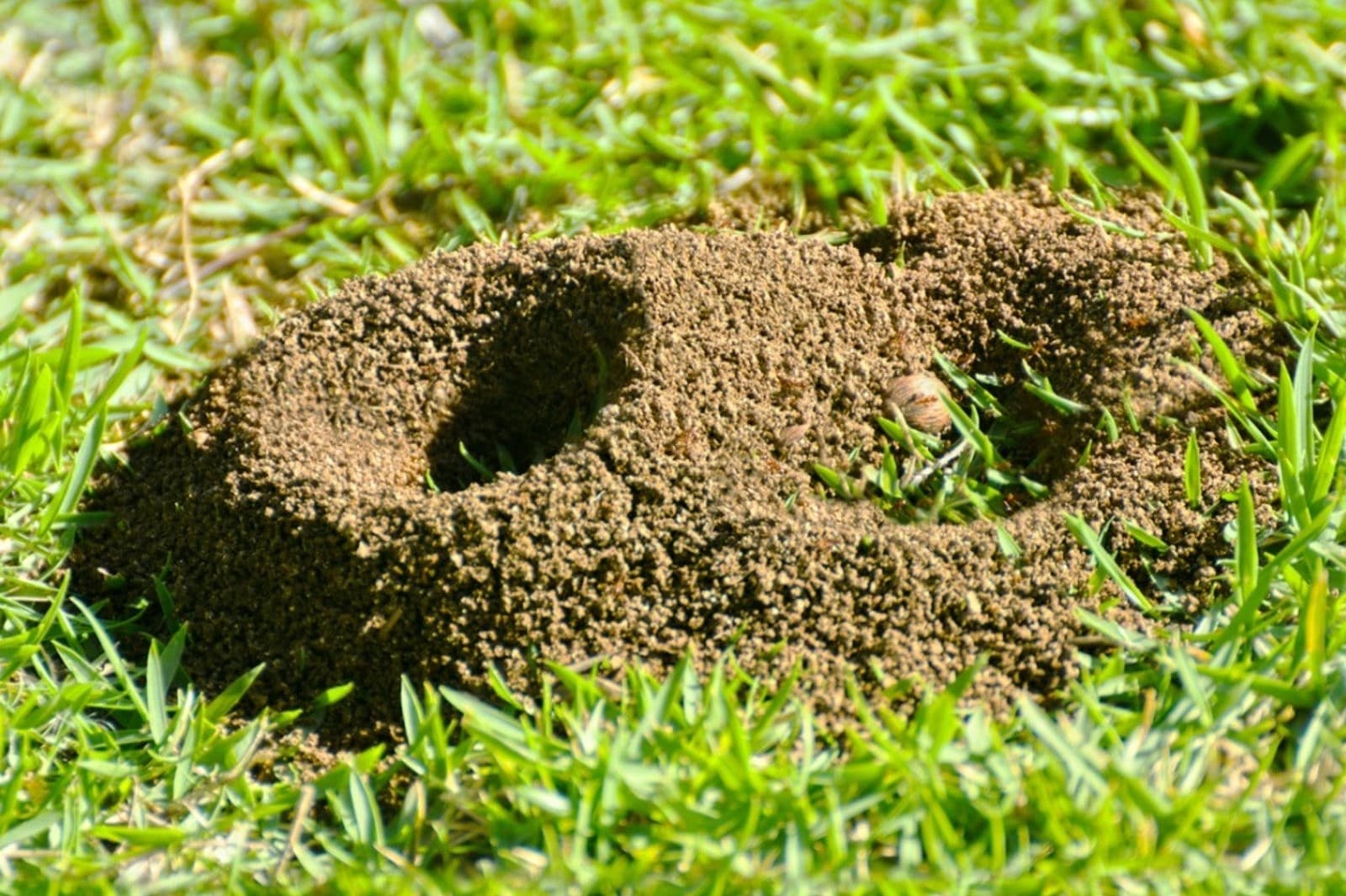

Landscaping Ideas
How To Kill Ants In Yard Without Killing Grass
Published: January 26, 2024
Learn effective landscaping ideas to get rid of ants in your yard without harming the grass. Discover natural solutions for ant control.
(Many of the links in this article redirect to a specific reviewed product. Your purchase of these products through affiliate links helps to generate commission for Storables.com, at no extra cost. Learn more)
Introduction
Creating a lush, green yard is a labor of love for many homeowners. However, the presence of unwanted pests, such as ants, can disrupt the tranquility of your outdoor space. While it's important to address an ant infestation, it's equally crucial to do so without harming the vibrant grass and plants that adorn your yard. In this article, we will explore effective and natural methods for eradicating ants from your yard while preserving the health of your grass.
Dealing with ants in your yard can be a frustrating experience, especially when traditional pest control methods risk damaging the surrounding vegetation. Fortunately, there are numerous eco-friendly and chemical-free solutions that can help you achieve a harmonious balance between a pest-free yard and a thriving lawn. By understanding the behavior of ants and utilizing natural remedies, you can maintain a picturesque yard without compromising its ecological integrity.
Join us as we delve into the world of ant control, exploring innovative techniques that prioritize the well-being of your yard's greenery. From understanding the ant problem to implementing preventative measures, this guide will equip you with the knowledge and strategies needed to address ant infestations effectively. Let's embark on this journey to reclaim your yard from ants while nurturing a flourishing, vibrant landscape.
Key Takeaways:
- Natural methods like diatomaceous earth and vinegar can kill ants in your yard without harming your grass, keeping your outdoor space eco-friendly and pest-free.
- Prevent ant infestations by maintaining cleanliness, sealing entry points, and using natural barriers, creating a thriving yard without the disruptions of ant colonies.
Understanding the Ant Problem
Ants are remarkably industrious creatures that form highly organized colonies, often establishing their nests in the soil beneath your yard. While these tiny insects play a crucial role in the ecosystem, their presence can become a nuisance when they encroach upon your outdoor living space. Understanding the behavior and habits of ants is essential in devising an effective strategy to manage their population without causing harm to your grass.
Ants are drawn to yards for various reasons, including the search for food, water, and suitable nesting sites. The presence of decaying plant matter, leftover food, or unsealed garbage can attract ants, prompting them to forage and establish trails across your yard. Additionally, certain ant species, such as fire ants, can pose a threat to both humans and pets with their aggressive behavior and painful stings.
Identifying the type of ants infesting your yard is crucial in determining the most appropriate eradication methods. Different ant species exhibit distinct behaviors and nesting preferences. For instance, some ants may construct mounds on the surface, while others prefer to create subterranean tunnels. By recognizing the specific ant species and their nesting habits, you can tailor your approach to effectively target and eliminate their colonies.
Furthermore, understanding the seasonal patterns of ant activity is key to implementing timely interventions. Ants are more active during certain times of the year, such as spring and summer, when they seek out food sources and expand their colonies. By being attuned to these seasonal fluctuations, you can proactively address ant infestations before they escalate, safeguarding the health and aesthetics of your yard.
By gaining insights into the behavior and preferences of ants, you can develop a comprehensive ant management plan that aligns with your goal of preserving your yard’s natural beauty. In the following sections, we will explore natural and chemical-free methods to effectively address ant infestations while safeguarding the well-being of your grass and plants.
Natural Methods for Killing Ants
When combating ant infestations in your yard, employing natural methods can effectively control their population while maintaining the ecological balance of your outdoor environment. Here are several eco-friendly approaches to eradicating ants without compromising the health of your grass:
- Diatomaceous Earth: This natural substance, composed of fossilized diatoms, is an excellent non-toxic option for controlling ant populations. When sprinkled in areas where ants are active, diatomaceous earth dehydrates the insects, ultimately leading to their demise. It is important to use food-grade diatomaceous earth to ensure safety for pets and beneficial insects.
- Vinegar Solution: A simple yet potent remedy involves creating a solution of equal parts water and white vinegar. By spraying this mixture directly onto ant trails and entry points, the strong scent disrupts their pheromone trails, deterring further activity and ultimately discouraging their presence in your yard.
- Boric Acid Baits: Crafting homemade ant baits using boric acid and sugary substances can effectively eliminate ant colonies. The ants are attracted to the bait, consume the mixture, and carry it back to their nest, inadvertently spreading the boric acid and eradicating the colony over time.
- Essential Oils: Certain essential oils, such as peppermint, tea tree, and citrus oils, possess natural insect-repellent properties. Diluting these oils with water and spraying the solution in ant-prone areas can act as a deterrent, disrupting ant trails and discouraging their presence in your yard.
- Coffee Grounds: Repurposing used coffee grounds as a natural ant deterrent can be an effective and sustainable approach. Sprinkling coffee grounds near ant entry points and potential nesting sites can disrupt their scent trails and drive them away from your yard.
By incorporating these natural methods into your ant control strategy, you can effectively manage ant populations while upholding the integrity of your yard’s ecosystem. These eco-friendly solutions offer a safe and sustainable approach to addressing ant infestations without harming the vibrant grass and plants that adorn your outdoor space.
To kill ants in your yard without harming the grass, try using a mixture of equal parts water and white vinegar. Spray the solution directly onto the ant hills and around the yard to deter them from coming back.
Using Chemical-Free Solutions
Opting for chemical-free solutions to address ant infestations in your yard not only safeguards the health of your grass but also promotes a sustainable and eco-conscious approach to pest management. Here are several strategies that prioritize the use of natural and non-toxic remedies:
- Physical Barriers: Creating physical barriers using natural materials such as cinnamon, citrus peels, or mint leaves can deter ants from entering specific areas of your yard. These aromatic substances disrupt ant trails and serve as natural repellents, preventing further intrusion into your outdoor space.
- Biological Controls: Introducing beneficial insects, such as nematodes or certain species of ants that are predatory towards nuisance ant species, can help naturally regulate ant populations in your yard. These biological controls offer a sustainable and chemical-free method of managing ant infestations while preserving the ecological balance of your outdoor environment.
- Organic Pest Control Products: Utilizing organic pest control products that contain natural ingredients, such as plant-based oils or microbial insecticides, can effectively target ant populations without posing harm to your grass and surrounding vegetation. These eco-friendly formulations provide a safe and sustainable alternative to traditional chemical pesticides.
- Companion Planting: Incorporating ant-repelling plants, such as mint, tansy, or lavender, into your yard can help deter ants while enhancing the aesthetic appeal of your landscape. Companion planting encourages a harmonious coexistence between plants and beneficial insects, contributing to a naturally balanced and thriving yard ecosystem.
Embracing these chemical-free solutions empowers you to address ant infestations in a manner that aligns with your commitment to preserving a healthy and vibrant yard. By integrating natural remedies and sustainable practices, you can effectively manage ant populations while nurturing a flourishing outdoor environment that prioritizes the well-being of your grass and plants.
Preventing Ant Infestations
Implementing proactive measures to prevent ant infestations in your yard is essential for maintaining a pest-free and thriving outdoor space. By incorporating preventive strategies, you can create an environment that discourages ants from establishing colonies while safeguarding the health of your grass and plants. Here are several effective methods for preventing ant infestations:
- Maintain Cleanliness: Regularly remove food debris, fallen fruits, and pet food from your yard to eliminate potential food sources that attract ants. Keeping your outdoor space clean and free of organic matter reduces the likelihood of ant foraging and nesting.
- Seal Entry Points: Thoroughly inspect and seal any cracks, gaps, or openings in your home’s foundation, exterior walls, and entry points for utilities to prevent ants from infiltrating your yard. Additionally, seal gaps around windows and doors to minimize potential entryways for ants.
- Landscaping Practices: Trim vegetation away from your home and maintain a well-groomed yard to reduce potential nesting sites and hiding places for ants. Regularly mow the grass, prune overhanging branches, and keep mulch and debris away from the foundation to create a less hospitable environment for ants.
- Eliminate Standing Water: Address any sources of standing water in your yard, such as clogged gutters, birdbaths, or leaky outdoor faucets. By reducing moisture availability, you can discourage ant activity and prevent them from establishing nests near your home.
- Natural Barriers: Create natural barriers using substances like diatomaceous earth, cinnamon, or citrus peels to deter ants from entering specific areas of your yard. These natural repellents disrupt ant trails and serve as a preventive measure against potential infestations.
By integrating these preventive tactics into your yard maintenance routine, you can fortify your outdoor space against ant infestations while preserving the health and beauty of your grass and plants. Proactive measures not only deter ants from colonizing your yard but also contribute to a sustainable and harmonious living environment that prioritizes the well-being of your landscape.
Read more: What Kills Ants In Grass
Conclusion
Managing ant infestations in your yard without compromising the health of your grass and plants is a delicate balance that requires a thoughtful and strategic approach. By understanding the behavior of ants, implementing natural methods for eradication, and embracing chemical-free solutions, you can effectively control ant populations while nurturing a vibrant and thriving outdoor environment.
Utilizing natural substances such as diatomaceous earth, vinegar solutions, and boric acid baits offers a safe and eco-friendly means of addressing ant infestations without resorting to harmful chemicals. These natural remedies not only target ants effectively but also safeguard the ecological integrity of your yard, promoting a sustainable and harmonious living space.
Embracing chemical-free solutions, such as physical barriers, biological controls, and organic pest control products, empowers you to manage ant populations while upholding your commitment to environmental stewardship. By integrating these sustainable practices, you can create a yard that thrives in harmony with nature, free from the disruptions of ant infestations.
Furthermore, implementing preventive measures, such as maintaining cleanliness, sealing entry points, and eliminating standing water, fortifies your yard against potential ant infestations. By proactively creating an environment that discourages ants from establishing colonies, you can preserve the beauty and vitality of your outdoor space while minimizing the risk of infestation.
In conclusion, by combining knowledge of ant behavior with natural, chemical-free methods, and proactive prevention, you can reclaim your yard from ant infestations while nurturing a flourishing landscape. This holistic approach not only safeguards the health of your grass and plants but also fosters a sustainable and harmonious outdoor environment where you can fully enjoy the beauty of your yard.
Frequently Asked Questions about How To Kill Ants In Yard Without Killing Grass
Was this page helpful?
At Storables.com, we guarantee accurate and reliable information. Our content, validated by Expert Board Contributors, is crafted following stringent Editorial Policies. We're committed to providing you with well-researched, expert-backed insights for all your informational needs.
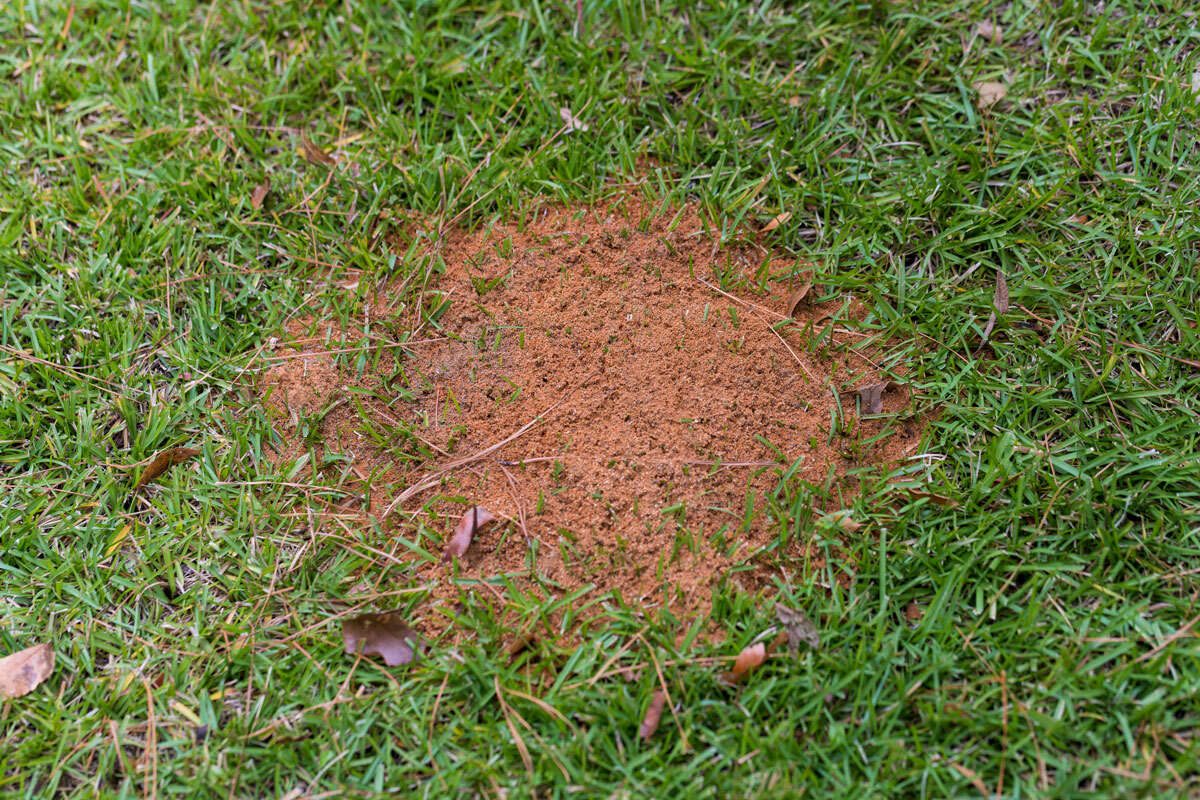
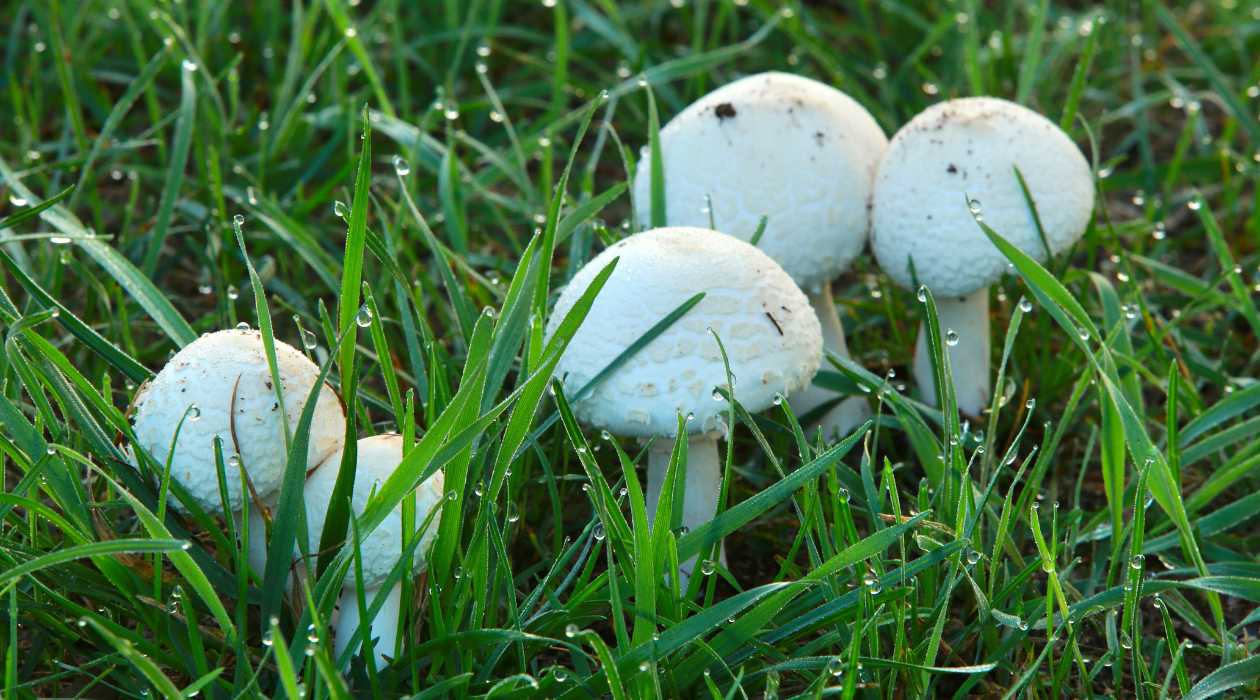
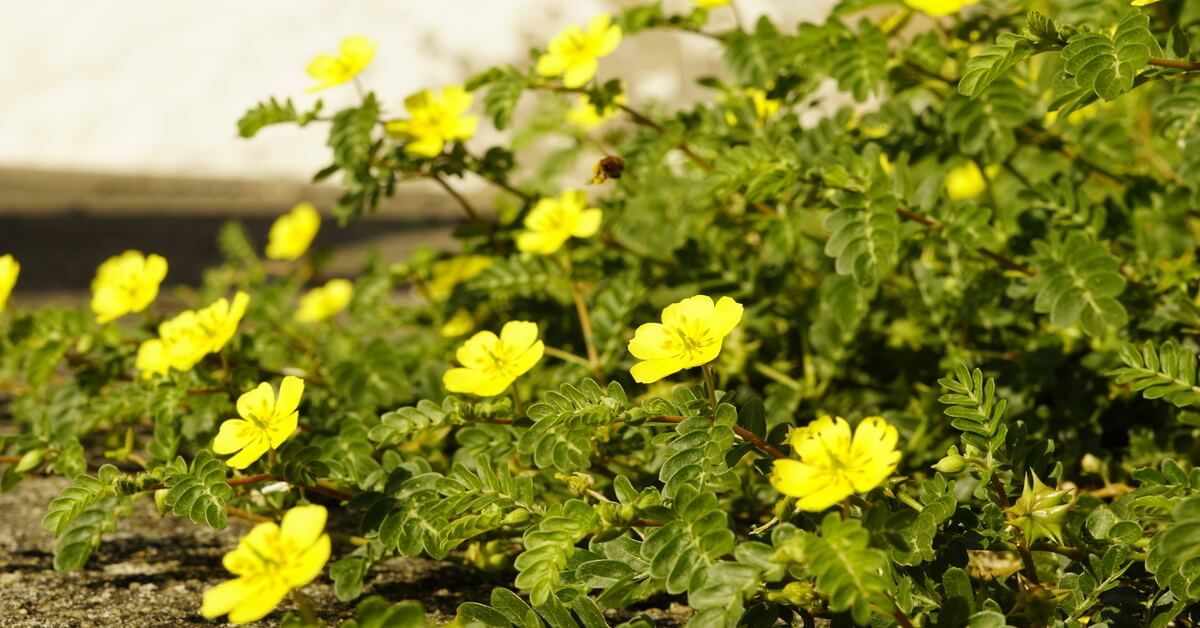
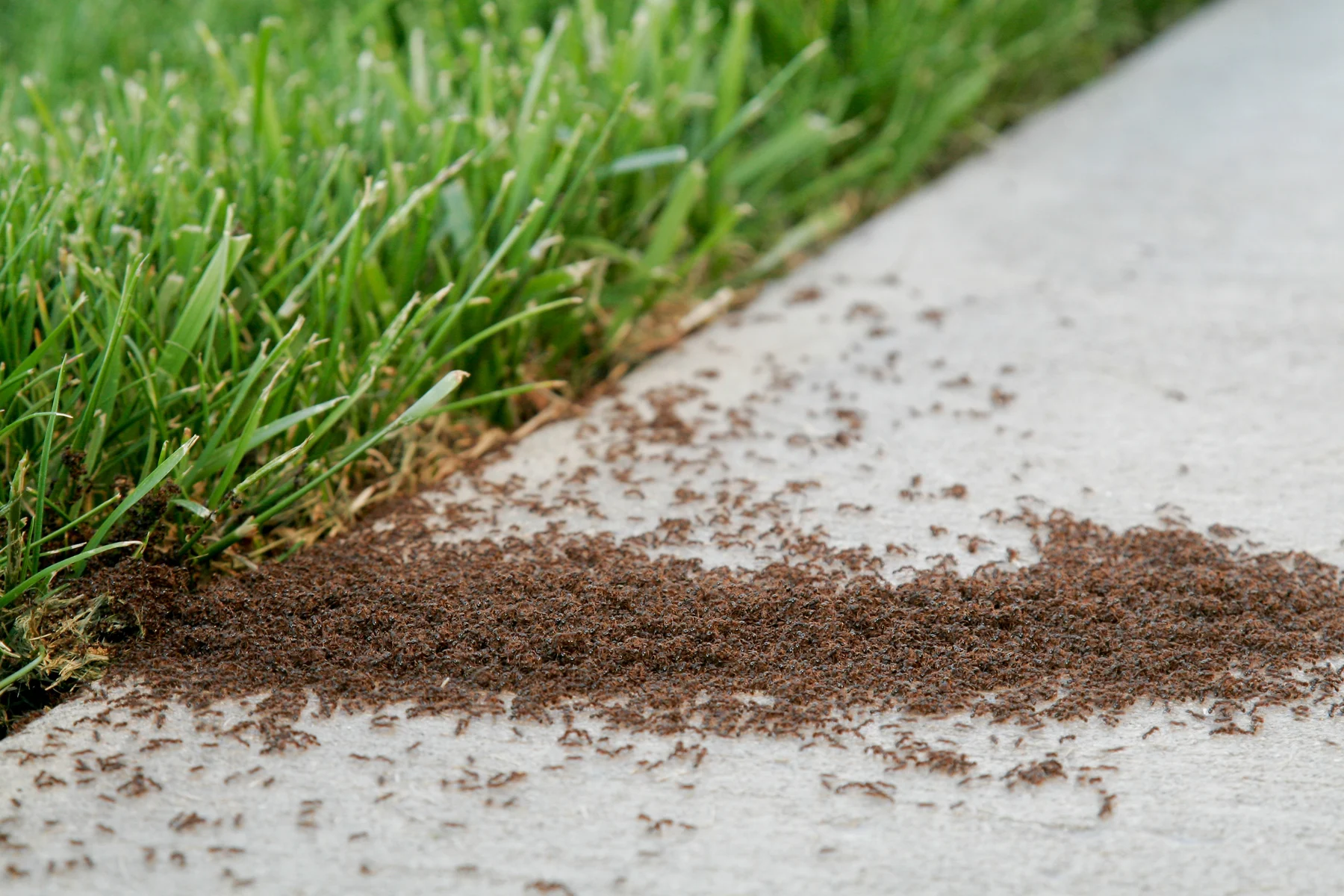

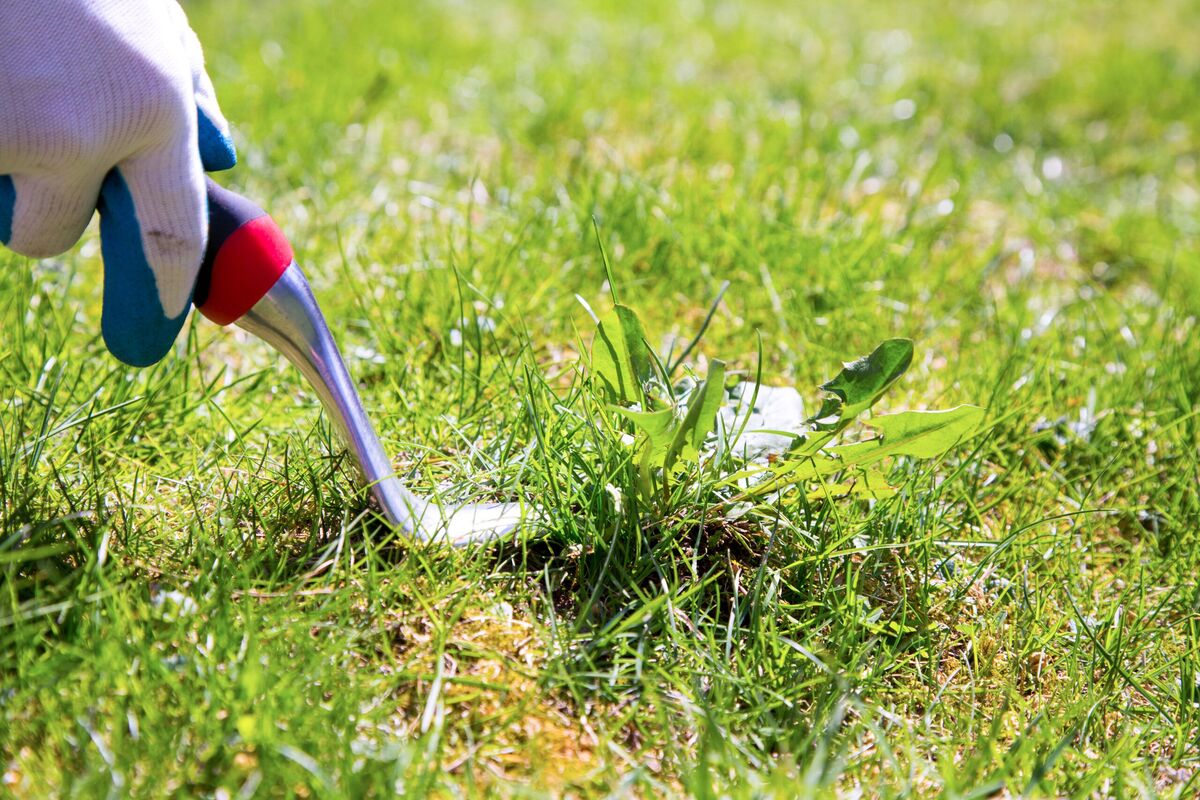
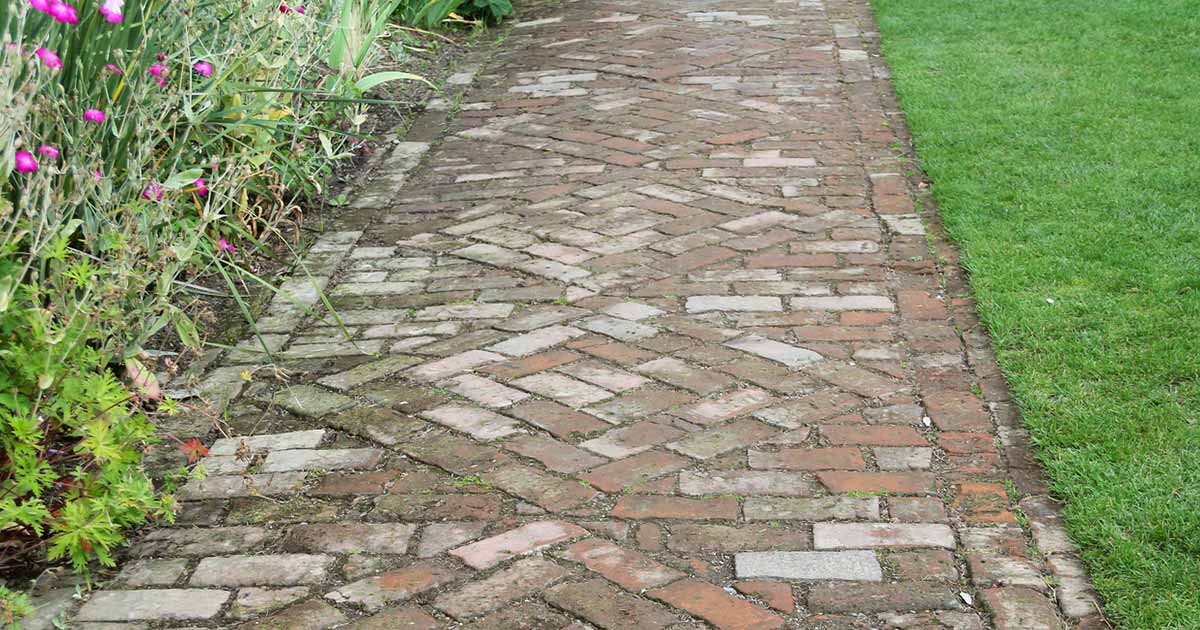

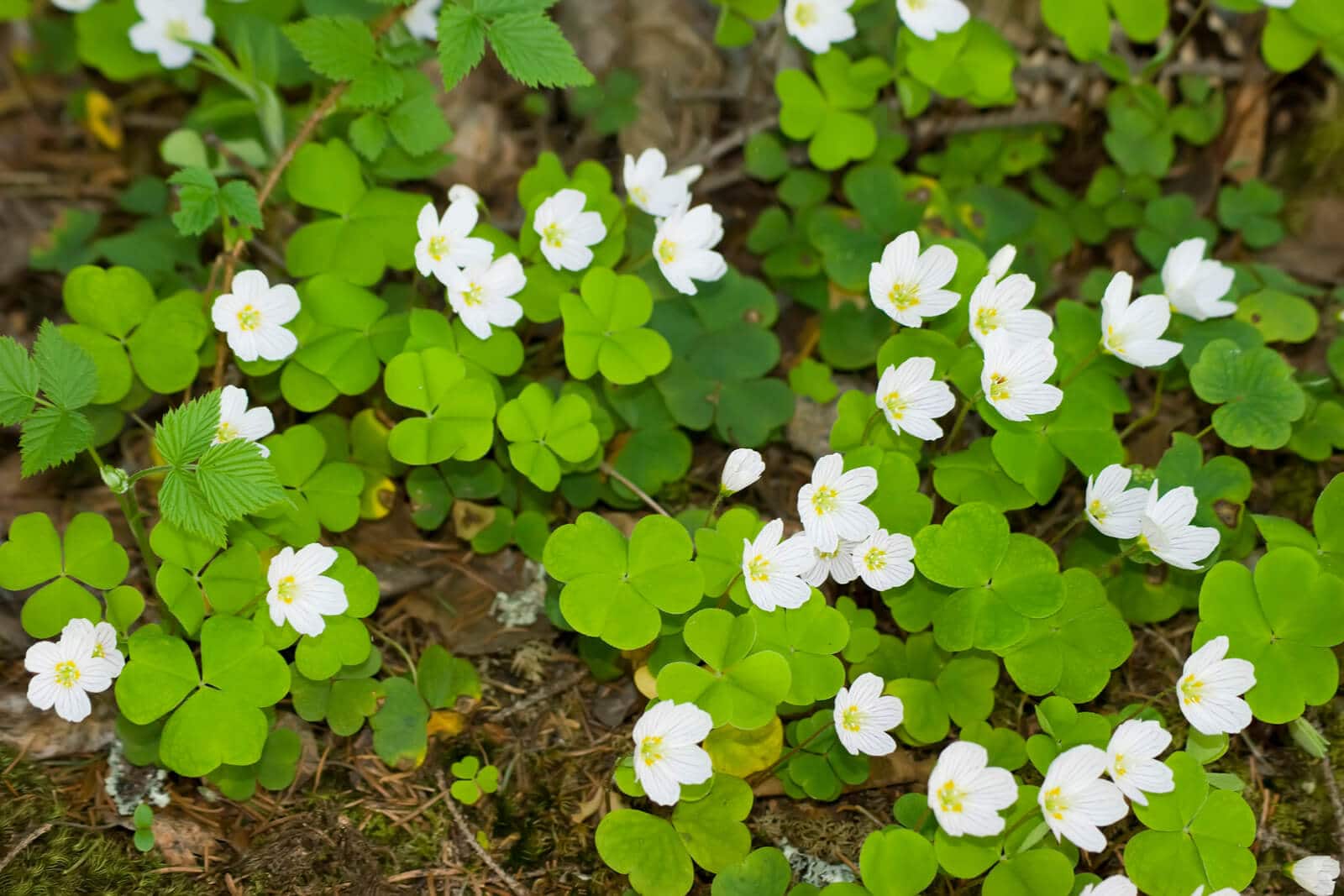
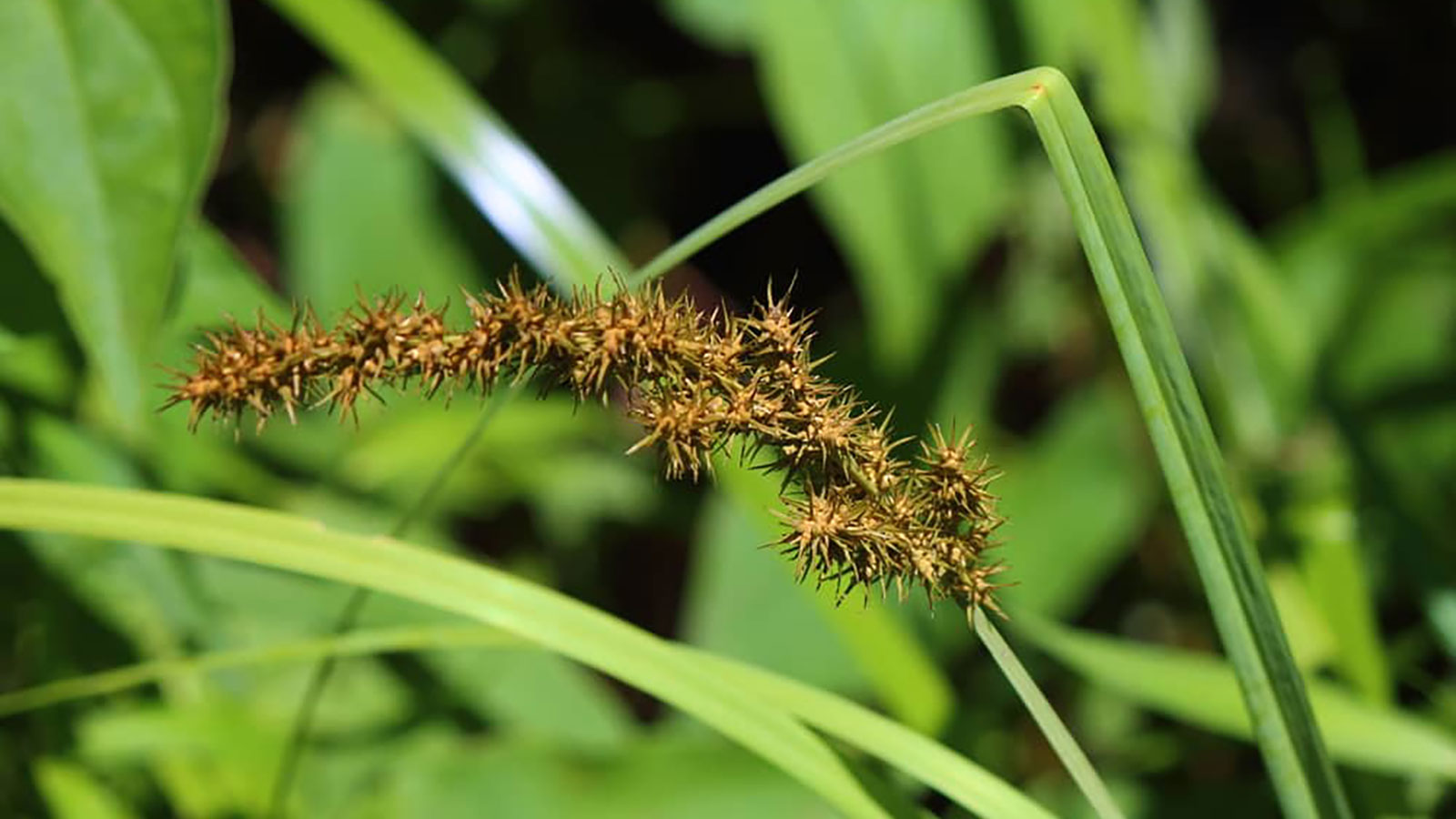
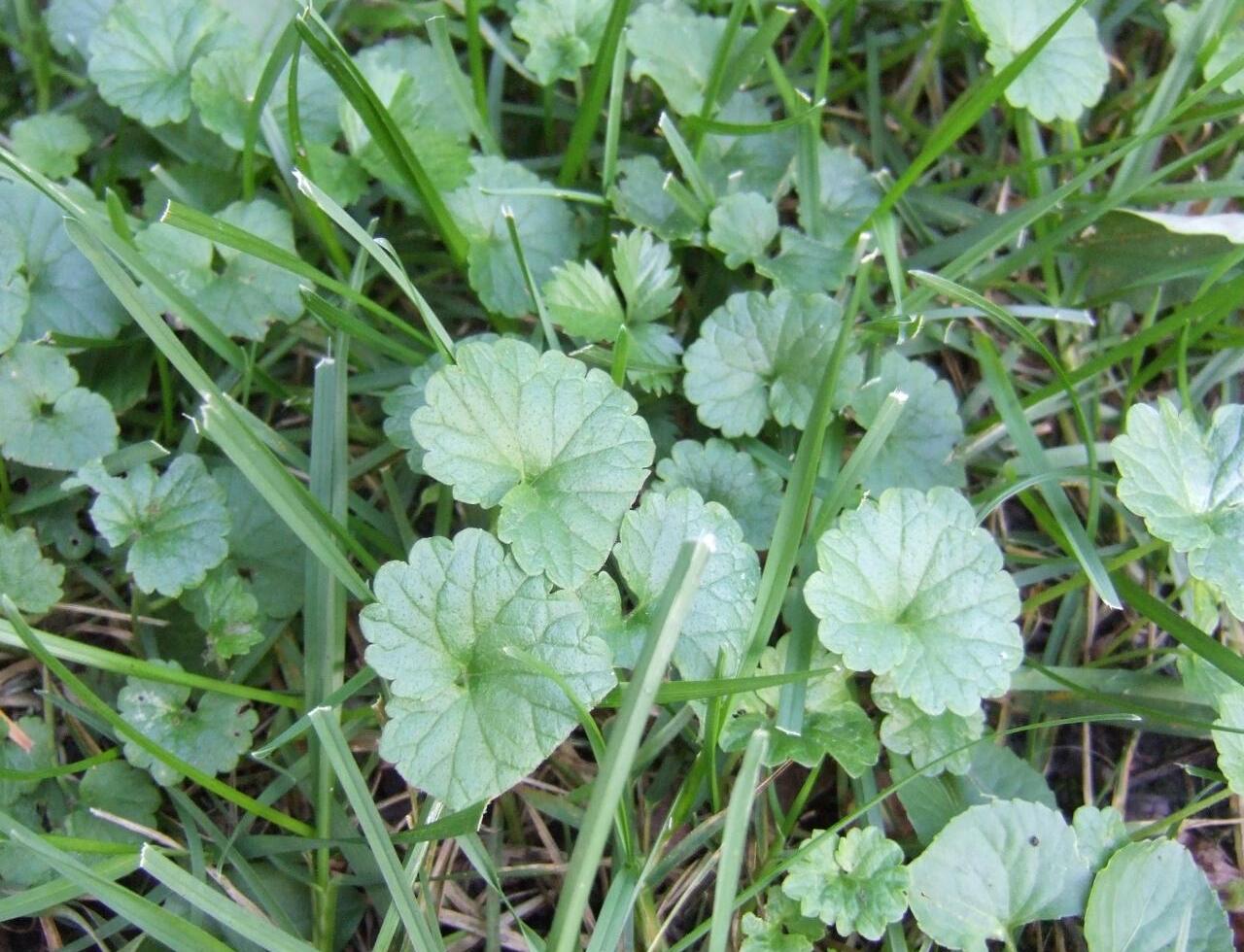
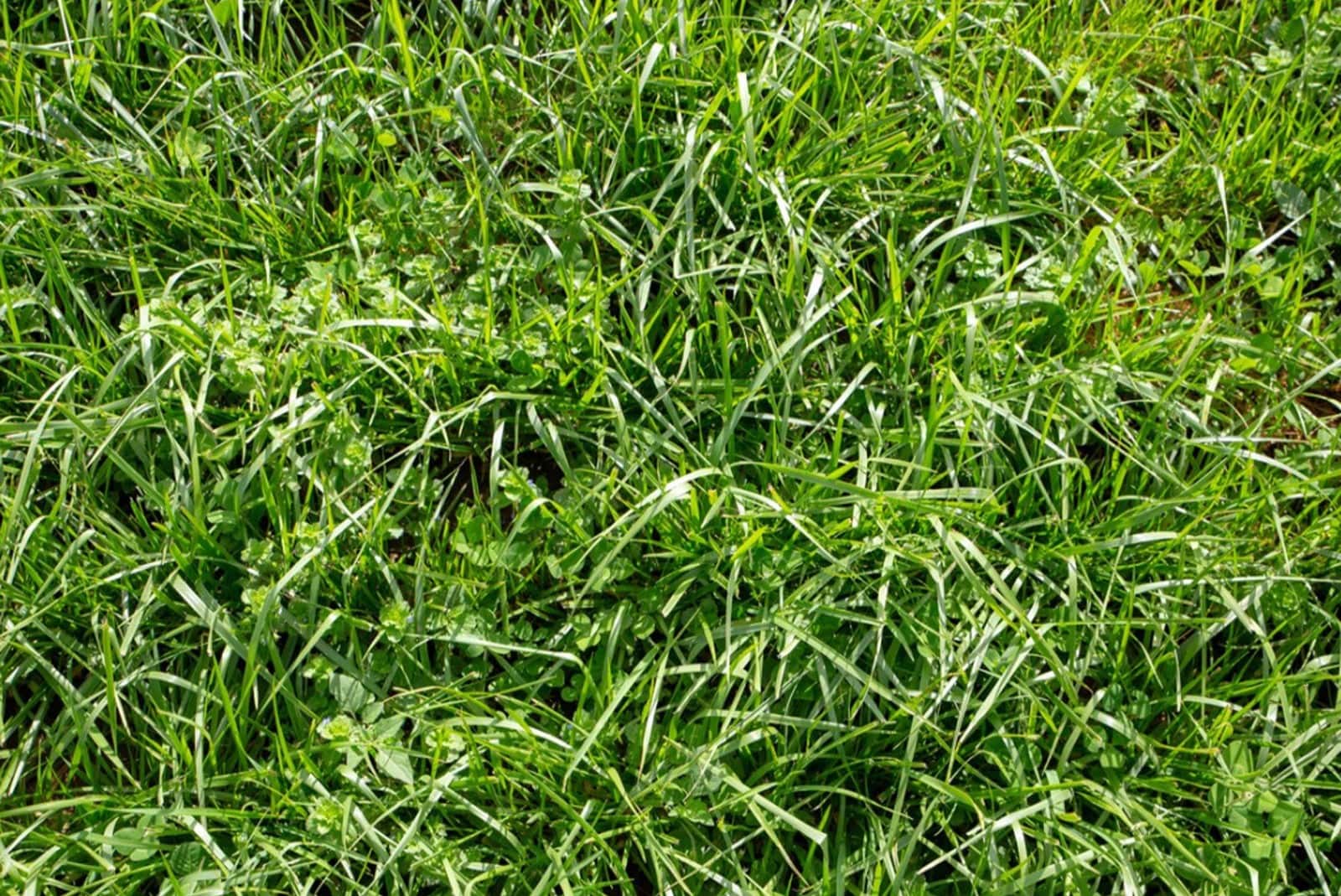
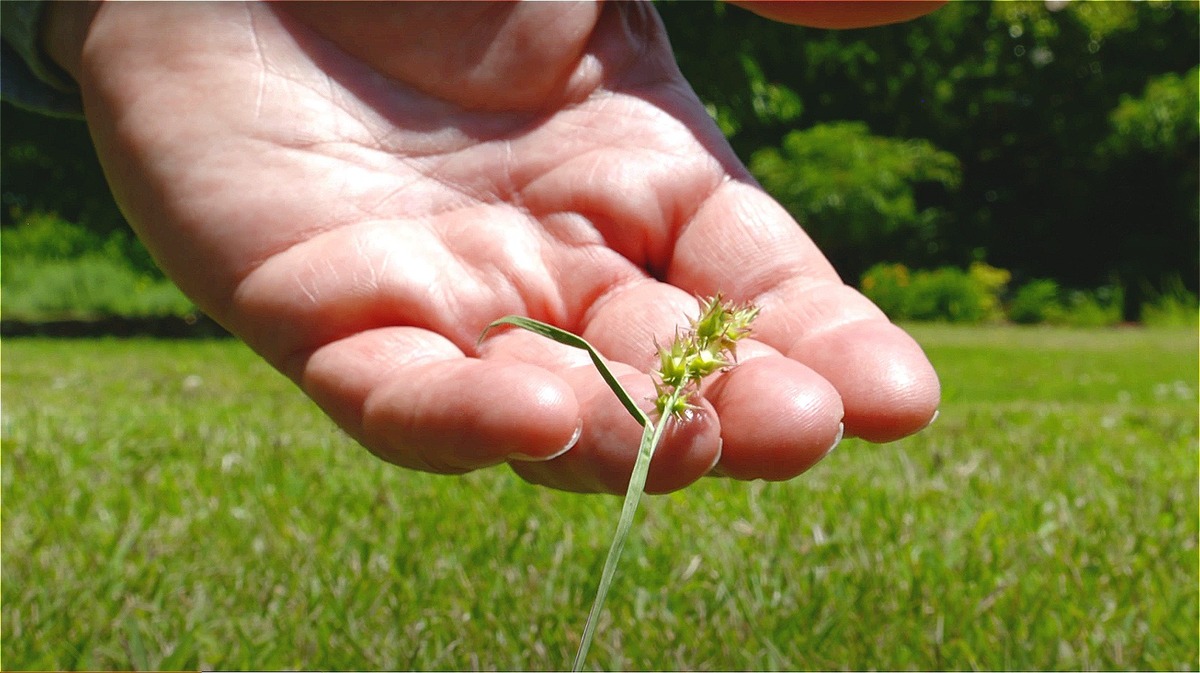
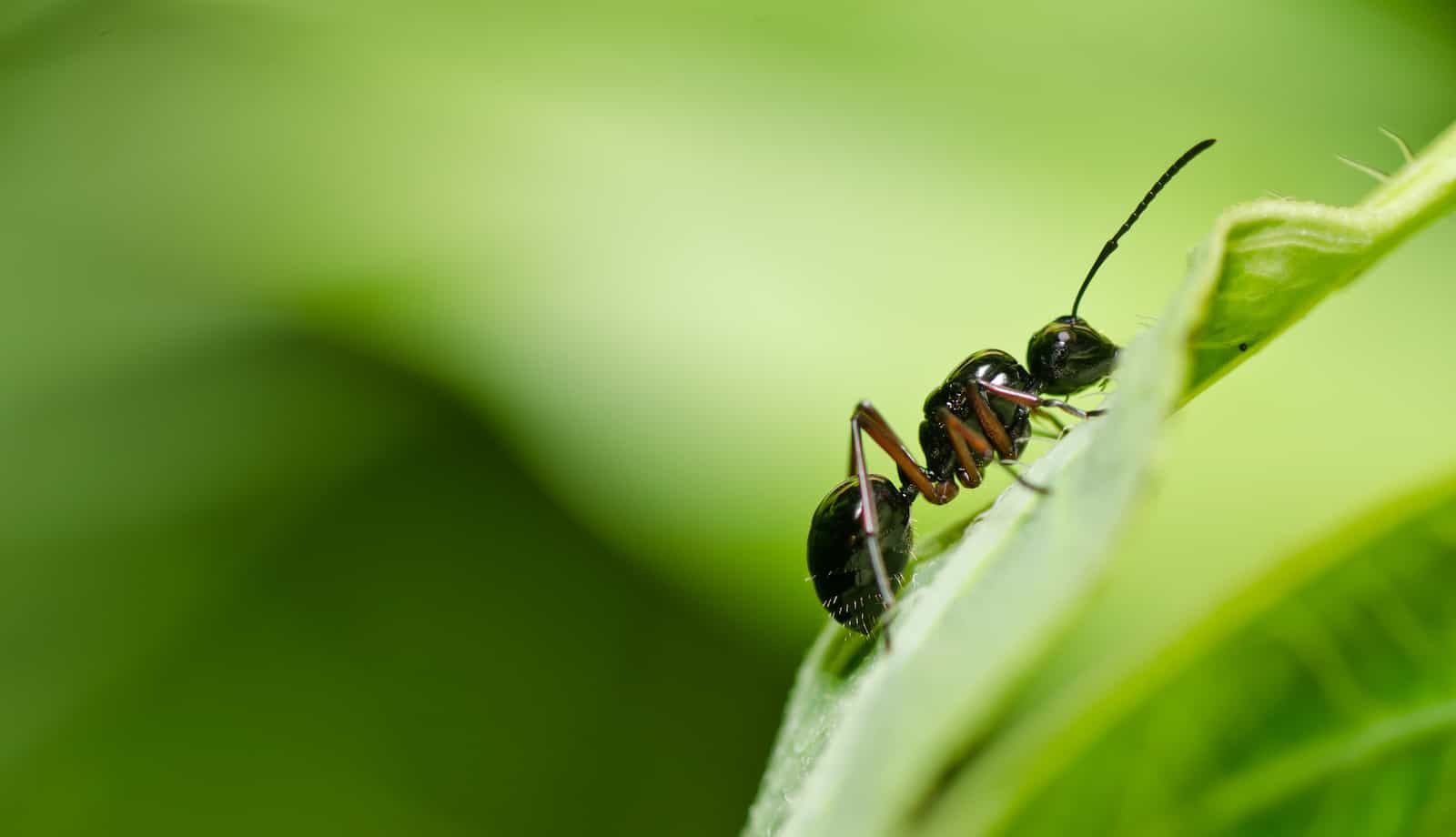

0 thoughts on “How To Kill Ants In Yard Without Killing Grass”